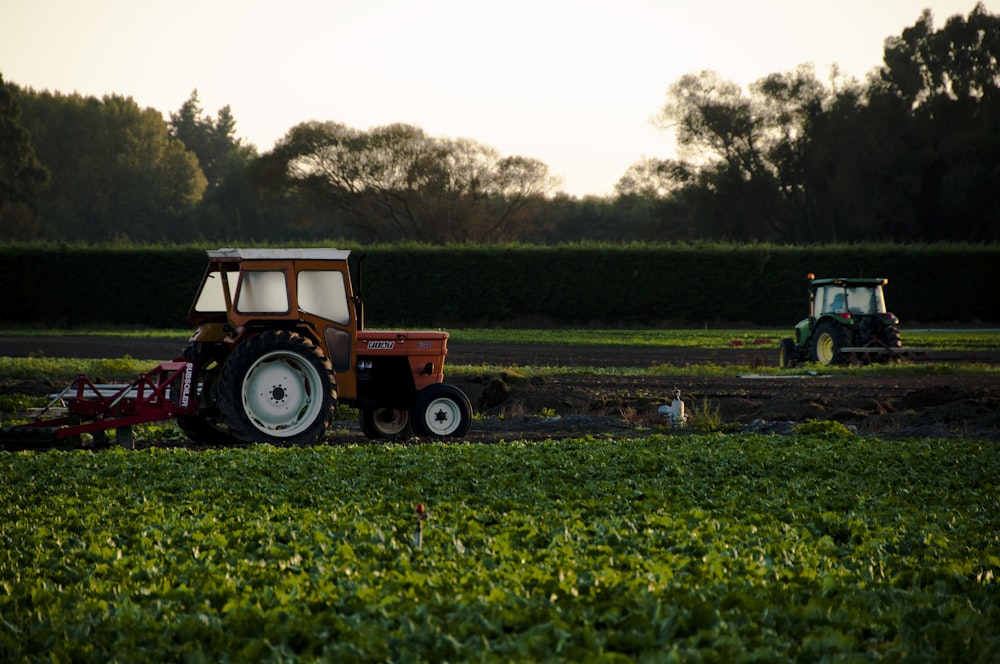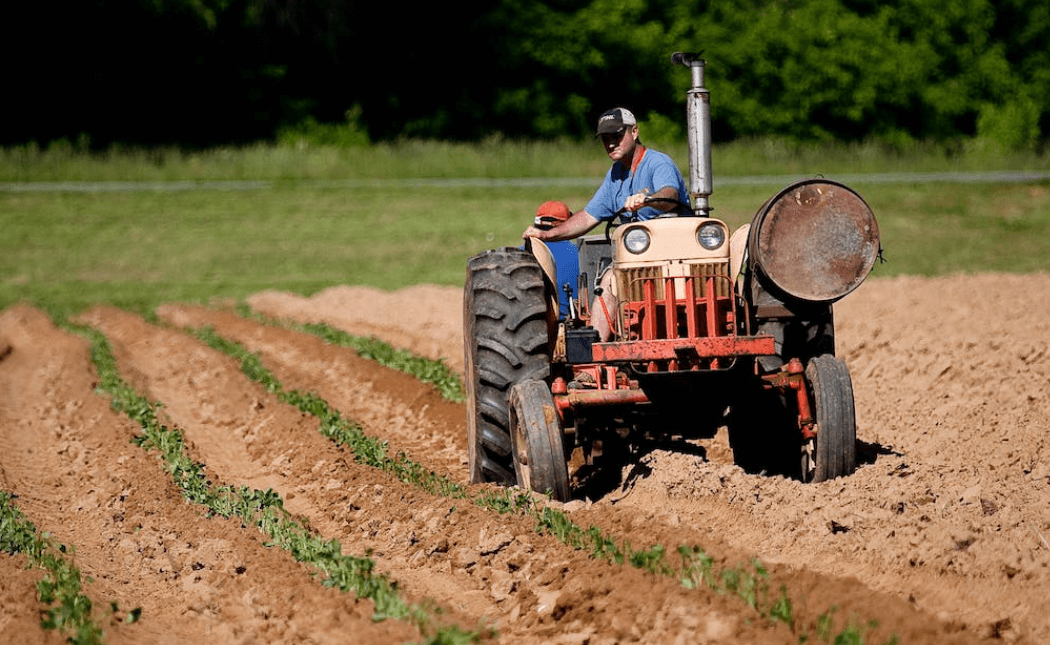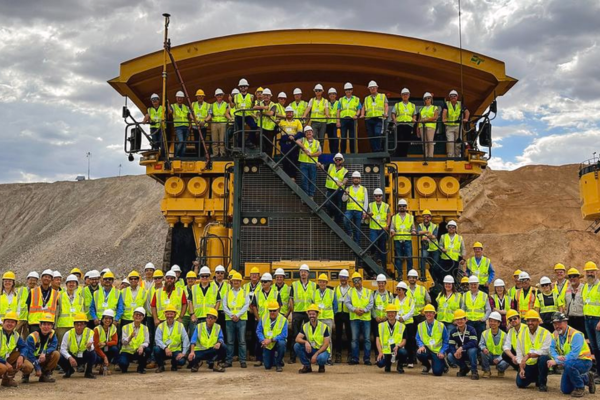The agricultural industry has undergone a radical transformation over the past 50 years. Advances in machinery have expanded the scale, speed, and productivity of farm equipment, leading to more efficient cultivation of more land. Seed, irrigation, and fertilizers have also vastly improved, helping farmers increase yields.
Now, agriculture is in the early days of yet another revolution, at the heart of which lie data and connectivity. Artificial intelligence (AI), analytics, connected sensors, and other emerging technologies could further increase yields, improve the efficiency of water and other inputs, and build sustainability and resilience across crop cultivation and animal husbandry.
Connected sensors are being used for monitoring crops, soil composition, temperature in growing areas and moisture levels. This enables farmers to increase their yields by learning how to take care of their crops and determine the ideal amount of water or fertilizer to use.
Companies such as Smartbow (part of Zoetis) are using ear-tag technology to monitor cows’ heat, health, and location. Allflex is using technology to implement comprehensive electronic tracing in case of disease outbreaks.
Construction machinery parts such as water pumps and sensors also play a crucial role in the agricultural industry. These parts help to ensure that machinery is running smoothly and efficiently.FridayParts offers a variety range of quality parts, check out now to get more discounts.https://www.fridayparts.com
Without a solid connectivity infrastructure, however, none of this is possible. If connectivity is implemented successfully in agriculture, the industry could tack on $500 billion in additional value to the global gross domestic product by 2030.
In conclusion, technology has brought about significant changes in the agricultural industry. From improving crop yields to enhancing sustainability and resilience, technology has played a crucial role in transforming the industry.








Leave A Comment